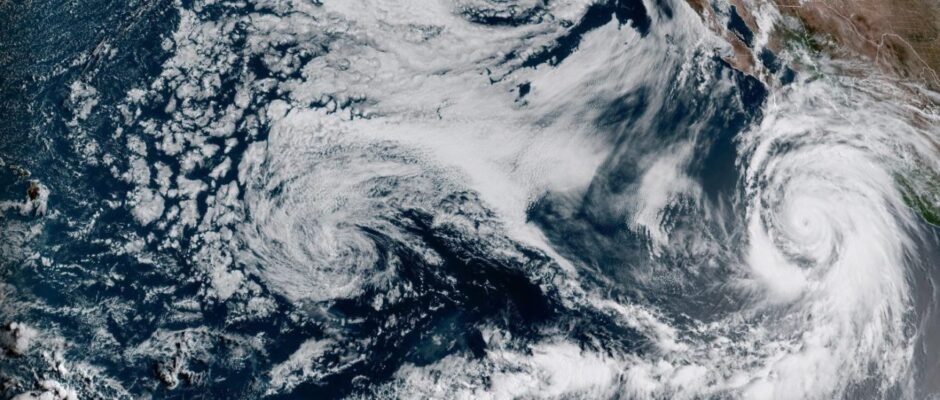A 20-year study reveals that Apex predators are not a simple solution for ecosystem restoration.
A long-term experiment conducted by Colorado State University (CSU) has revealed that the removal of apex predators from an ecosystem can have lasting effects that are not reversed even after their reintroduction. The study, published in Ecological Monographs, challenges the commonly held belief that the reintroduction of wolves to Yellowstone National Park restored the ecosystem […]










